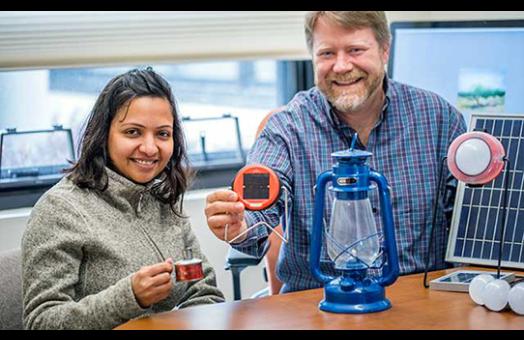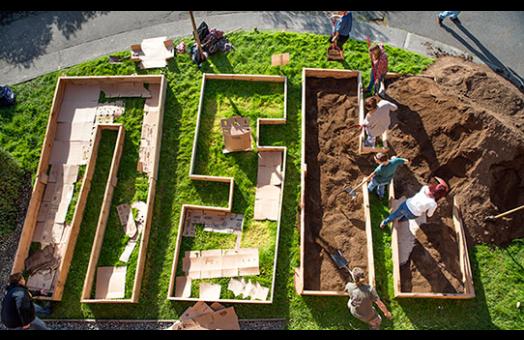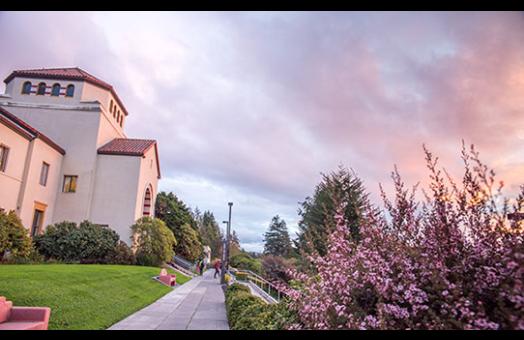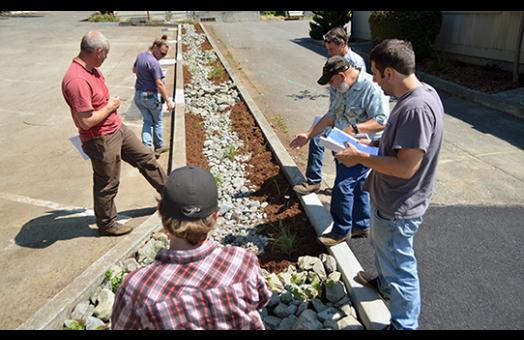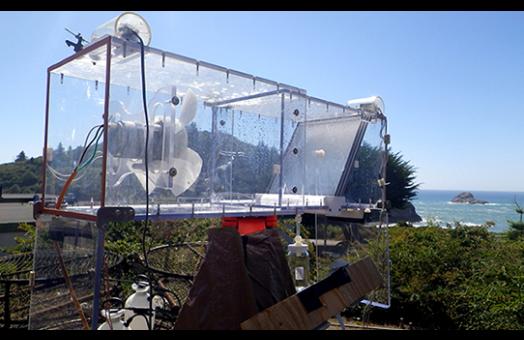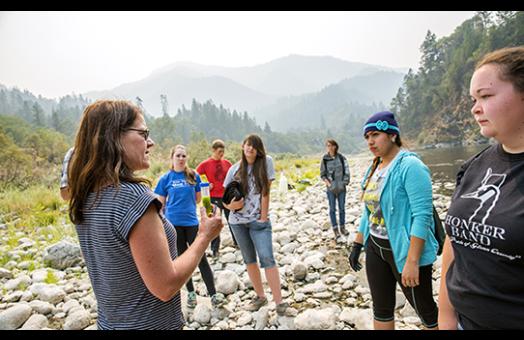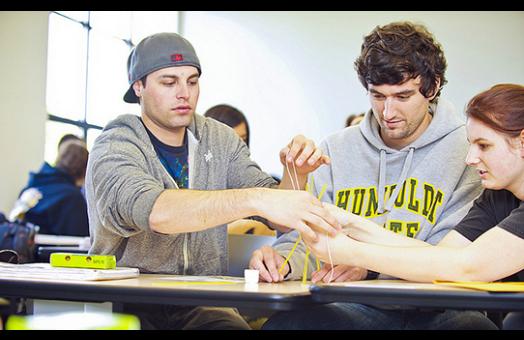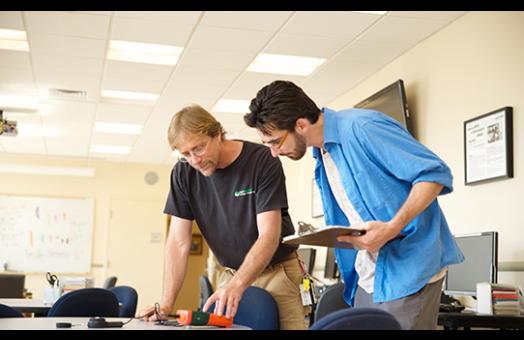Electricity use accounts for nearly one quarter of the greenhouse gas emissions generated at Humboldt State, while transportation emissions from business travel, commuting, and solid waste disposal are responsible for over one third of the total. Those are two of the key findings from a comprehensive inventory of HSU’s greenhouse gas emissions, recently prepared by HSU’s Office of Sustainability.
